October 8th is World Salmon Day
This Thursday, October 8th is World Salmon Day! A day dedicated to talking about all things super salmon, and the nutrients it offers which takes it to the top of the superfood list. It is not by chance that salmon is routinely mentioned by dietitians and nutritionists. As a food we need to include in our diets a lot more frequently, salmon is packed full of long chain polyunsaturated fatty acids; DHA and EPA which provide the omega-3’s. There are few foods that beat salmon when it comes to omega-3 content. Despite this though, few Aussies are getting anywhere near enough salmon, or fish in general in their diets each week. So since World Salmon Day is near, here are some of the facts on omega-3 fats, salmon, and how Aussies can get a lot more of these powerful fats in their diets each week.
New research commissioned by Tassal titled the ‘Switch Up Your Diet Report’, conducted by YouGov, found that just 15% of Aussies are aware that they should be eating a minimum of two serves of fish and other seafood each week, and that almost ½ of Australians are completely unaware of what omega-3 fat is, or what its benefits are for our health and our body.
Overall these findings suggest that there are a whole lot of us who not only need to include fish on our weekly menu repertoire but specifically omega-3 rich fish such as salmon.
When we take a closer look at salmon, and the role of omega-3 fat, what is important to know is that omega-3 fats play a number of roles across a number of the body’s systems which ultimately links them to our overall health and longevity. Specifically, research shows it is the omega-3 fats that improve the plasticity of cell membranes and help to facilitate cellular communication. Not only does this mean all of our cells are healthier, but it is hypothesised that this is the reason a high intake of omega-3 fat is linked to improved cognitive function as we age. Omega-3 fats also have a powerful natural anti-inflammatory effect, helping to protect the cells from damage on a daily basis. Research suggests it is via these pathways that a high omega-3 intake can be linked to better cholesterol levels, lower blood pressure and fewer inflammatory conditions including heart disease, insulin resistance and arthritis. For younger people, getting enough omega-3 helps put them on a path to good health, but omega-3 rich diets are associated with brain develop and cognitive function.
For busy families, not only can it be challenging to encourage the family to eat fish, but also to include salmon within a tight family budget. The good news is that eating more salmon in a budget friendly way does not have to be difficult, simply switching to salmon once or twice each week with family friendly meals such as salmon tacos, spaghetti or stir fry, (if your in need of some recipe inspiration, try one of Tassal’s family friendly recipes here), means that you can tick the box on both the family’s nutrition but also keeping the family budget in check.
So as we celebrate World Salmon Day and the key nutrients this superfood offers, take some time to consider how often you include omega-3 rich fish in your diet, and most importantly, do you need to eat it a little more often? Could you add some fresh salmon to your salad or sushi order? Could you switch one of your favourite meat or chicken recipes for a salmon meal instead and would the family benefit from including more salmon in their weekly meal mix? Chances are everyone will benefit from eating more nutritionally dense salmon.
To celebrate World Salmon Day, cook one of our favourite salmon recipes below.
Any views and opinions expressed in this blog belong solely to the original author of the opinion and can’t be attributed to the business or their blog.
This blog has been written by Susie Burrell.





